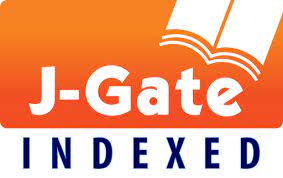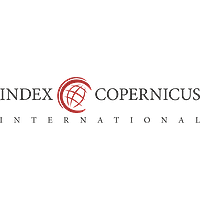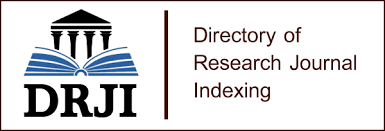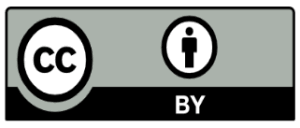A CRITICAL ANALYSIS OF THE DYNAMICS OF INTERGOVERNMENTAL RELATIONS IN ZIMBABWE
Abstract
The study of inter-government relations in Zimbabwe presents a dynamic discourse with a complex political and constitutional history. This discourse occurs in the context of different political systems with diverse ideological orientations. In Zimbabwe, IGR has undergone different phases of transformation affecting the role and functions of different tiers of government. From colonial to post-independence era, the different governments have vacillated from centralism to decentralism, overregulation and protectionism. In the process, this has affected the intergovernmental balance of power in varying degrees. This paper critically examines the dynamics of the IGR discourse in Zimbabwe dwelling on its historical legacies, constitutional foundations, ideological orientation and institutional frameworks. The endeavor is to establish the nature and scope of the relationship between different tiers of government as shaped by the governing legislation and enforced through the established institutions. The paper established that the unitary system of Zimbabwe is anchored on a strong centralist ideology that suffocates the autonomy of sub-national institutions. In the same context, there is absence of political will to implement crucial constitutional reforms that have a bearing on the configuration of IGR. The paper also revealed that political party incongruence is a threat to intergovernmental coordination, integrated planning and collaborative development in Zimbabwe.Â
Published
How to Cite
Issue
Section
License
Copyrights for articles published in Journal of Asian and African Social Science and Humanities are retained by the authors, with first publication rights granted to the journal. The journal/publisher is not responsible for subsequent uses of the work. It is the author's responsibility to bring an infringement action if so desired by the author.
Articles published in Journal of Asian and African Social Science and Humanities are published under the Creative Commons Attribution (CC-BY) license, which permits others to distribute, remix, tweak, and build upon your work as long as they credit you for the original creation.
Â














